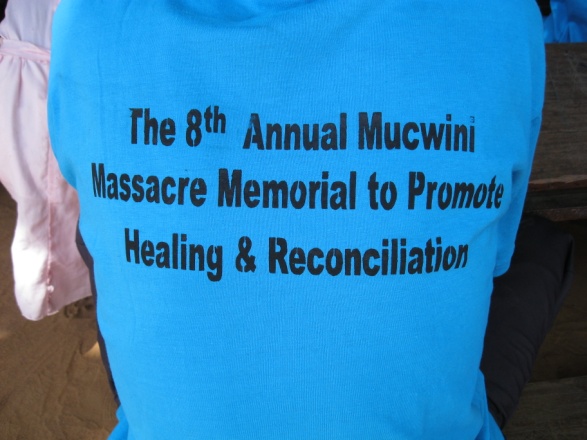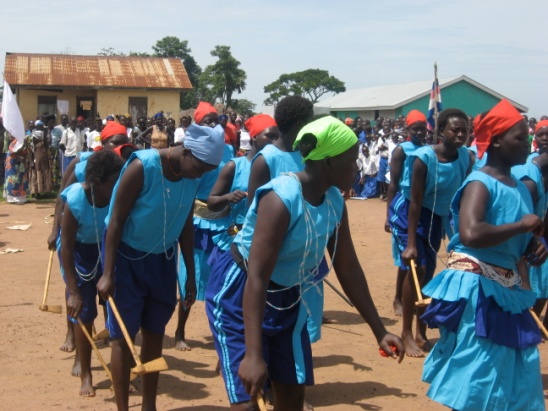[AFG_gallery id=’13’]
JRP, in conjunction with radio station Mega Fm, held a community dialogue in Anaka sub-county, Nwoya district, on September 25. The dialogue’s theme, “Casting the Ballot to Address Victimhood: A Call to Put Transitional Justice on the Election Agenda,” correlated with JRP’s special campaign on the same topic.
During the dialogue, the six main points for the campaign were discussed with the community members, and local candidates were asked to make commitments to ensure that TJ issues relevant to their communities are addressed in their manifestos.
The dialogue was attended by more than 100 community members, including the L.C. I and L.C. II chairmen of the area who gave the opening remarks. Rosalba Oywa, permanent member of Mega Fm’s ‘Te-Yat’ programme, and Lindsay McClain, representative from JRP, served as panelists.



